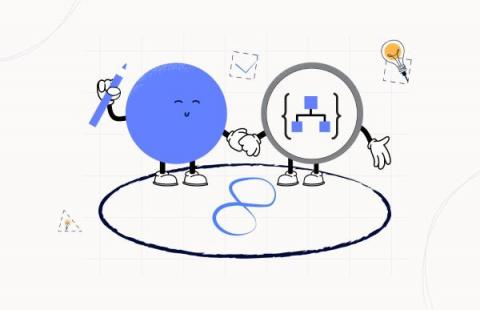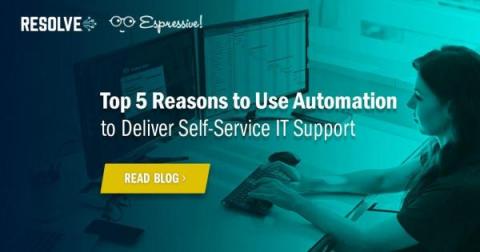Operations | Monitoring | ITSM | DevOps | Cloud
Latest News
Logic App Best practices, Tips and Tricks: #8 Expressions nightmare
Troubleshoot faster with improved Datadog Events
Datadog Events provides customers with a data feed about their infrastructure and applications, delivering an up-to-the-minute history of activity such as code deployments, configuration changes, and triggered alerts. Events collects data from Datadog products and over 100 third-party integrations—including Docker, Jenkins, Kubernetes, Sentry, AWS CloudWatch, and Azure Service Health.
An Open Letter from the CEO of Puppet: Puppet + Perforce
When I started at Puppet three years ago, I saw a company with a tremendous customer base, an active open source community, an incredible reputation, products that solved some of the hardest problems in the operations space, and a passionate team that had deep values and was purpose-driven, both of which are at my core as a leader.
3 Cloud Trends You Should Actually Follow
Is Deploying Kubernetes in Air-Gapped Environments Hard? Read How This Security-Conscious Customer Radically Simplified the Deployment Process
Many federal and public sector organizations seek to capitalize on the benefits of a production-grade Kubernetes distribution in their own private data centers, which are often highly restricted and air-gapped environments. However, deploying and operating Kubernetes and other technologies in air-gapped environments is incredibly complex. Teams maintaining Kubernetes in these environments contend with restrictive network access and software supply chain security concerns.
Top 5 Reasons to Use Automation to Deliver Self-Service IT Support
IT service desk technology has made tremendous strides over the past decade. Despite this fact, however, a recent survey by Gatepoint Research revealed that 74% of today’s on-site workforce still relies on phone calls to get the support they need. Remarkably, this number is even higher (80%) amongst remote workers. This is placing a heavy burden on support teams that are already stretched too thin.
How the Insights team uses Insights to optimize our own pipelines
Here on the CircleCI Insights team we don’t just develop stuff for CircleCI users, we are CircleCI users. Really, there’s no better way to get to know your product than to use it, and the Insights team is no exception. A few months ago, we realized that our pipeline configuration for the Insights UI left much to be desired.
Terraform your EKS fleet - PART 2
Get Started Using VMware Tanzu Mission Control with Tanzu Kubernetes Grid
Today, there are growing pressures on operations and development teams to deploy software faster and into more environments, such as development, staging, or production. Organizations need self-service tools and operational efficiency, and VMware is meeting the challenge with solutions to help modernize operations and unburden their teams. VMware Tanzu Mission Control unifies cluster management to a single control plane and groups resources as a resource hierarchy.











